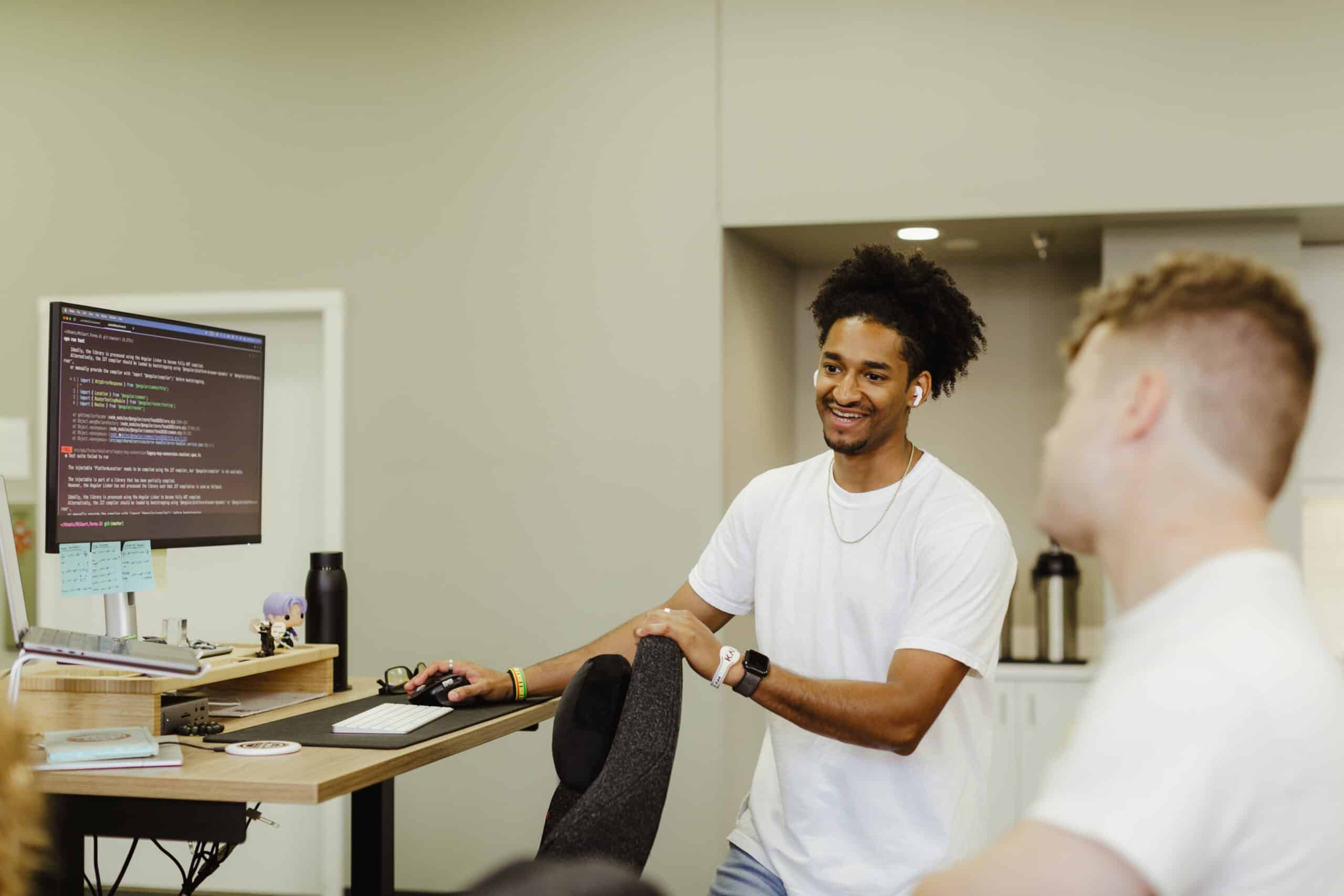It’s hard to capture the value of mentorship with words. Mentors don’t just teach. They learn and grow alongside their mentee as the two journey through their own context, one scenario at a time. In some cases, this experience can be life-changing.
But…when should you start mentoring? As someone who’s had a multitude of experiences being both a mentor and a mentee, I believe it’s great to start sooner rather than later. These are reflections from recent experiences I’ve had as a young mentor.
Young Mentor Concerns
There are some potential concerns with mentoring early on in your career.
Maybe you haven’t had the time to build a solid foundation of relevant knowledge and skills. Or maybe your habits aren’t quite developed enough to guide or bring someone else up to speed. Confidence comes after those two things start to settle. Luckily, those concerns can naturally be alleviated with time and consistent effort.
The largest concern, however, is whether or not you have the support to do such a thing. Mentoring is an ambiguous task, and having a support system around you can help to generate clarity and direction. Identify people who are willing to be resources and will provide feedback or new perspectives.
I support looking for small mentorship roles after your first year of building work experience. At this point, hopefully, you’ll be comfortable fulfilling any baseline expectations set for your own performance, and you’ll be equipped to help others who are starting fresh do the same.
Feeling “Ready”
Everyone has a point when they feel comfortable and confident in their skill set. In my opinion, that’s entirely different from feeling “ready.”
There’s never a convenient time to feel ready. All you can ever do is give what you have to offer – and you’re always able to do that. As far as I’m concerned, once the above concerns have been addressed, you’re more than ready.
Being your authentic self is enough.
Teaching to Accelerate Growth
Teaching is part of learning. I like to say that teaching accelerates learning because it creates space for repetition, explanation, and conversation.
As a mentor, you’ll have various opportunities to teach, and that will constantly serve as a knowledge check. When you’ve been doing something for a while, some of what you know becomes second nature.
We can forget what it was like to be without this intuition, and having a mentee offers us the opportunity to test if that intuition was constructed with the proper foundation.
What makes teaching opportunities special is that they challenge you to step outside of your own personal context. Not everyone will understand something the way that you did. You might give a perfect demonstration or explanation, but if the receiving party doesn’t understand – your “perfect” performance doesn’t matter!
Do you know what you’re trying to explain well enough to deliver it in various ways for receiving parties? A large piece of the value proposition for being a young mentor is this very opportunity to deepen understanding in your area of expertise.
I would argue that this skill is necessary to become an expert. Otherwise, you’ll just be a very knowledgeable person.
Feeling the Rewards
It’s fun to see others grow into the person they aspire to be, especially when you’re actively playing a role in that journey. Excitement is contagious, and you should relish any moments that bring such positive energy.
Those are the moments that you’re working to bring to life. They serve as the return on your investment. Moments don’t hold monetary value, but they are the true treasures of the mentor/mentee experience.
It’s important to remind yourself of this.
Additionally, if you’re able to track any form of progress, those moments can serve as checkpoints or milestones on your mentee’s journey. That would be useful data for any retrospective conversations.
Picking up the Torch
I’ve had outstanding mentors throughout my life, and that might be why it feels so important to carry that torch and eventually pass it on to others.
One last piece of advice: Don’t be the person you needed when you were younger. Be the person they need you to be right now.
Take some time to think about that.

